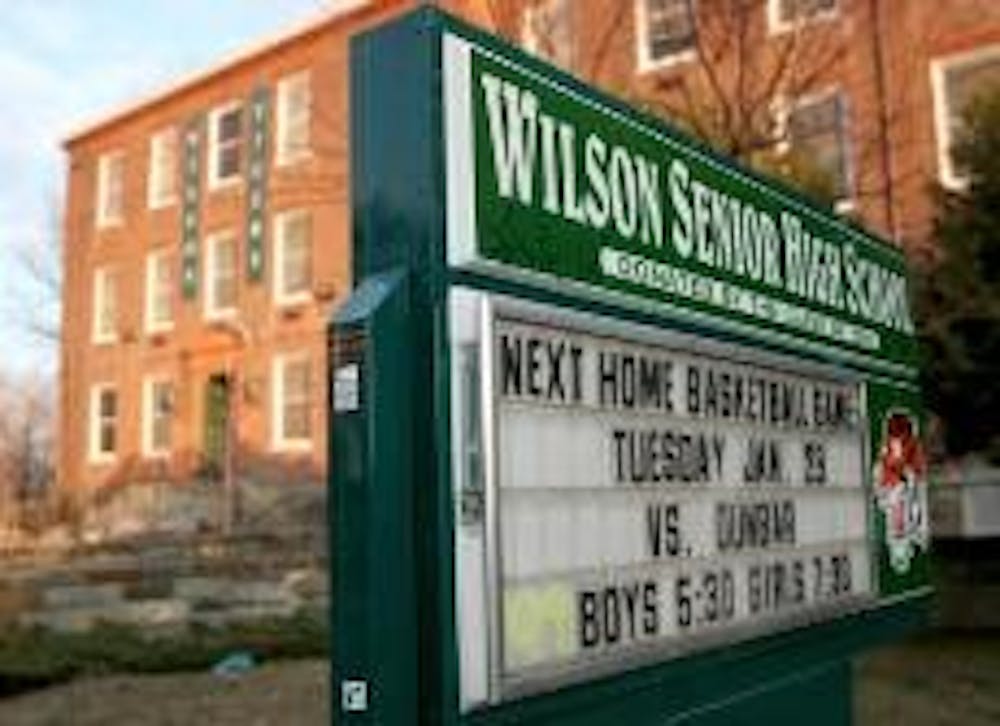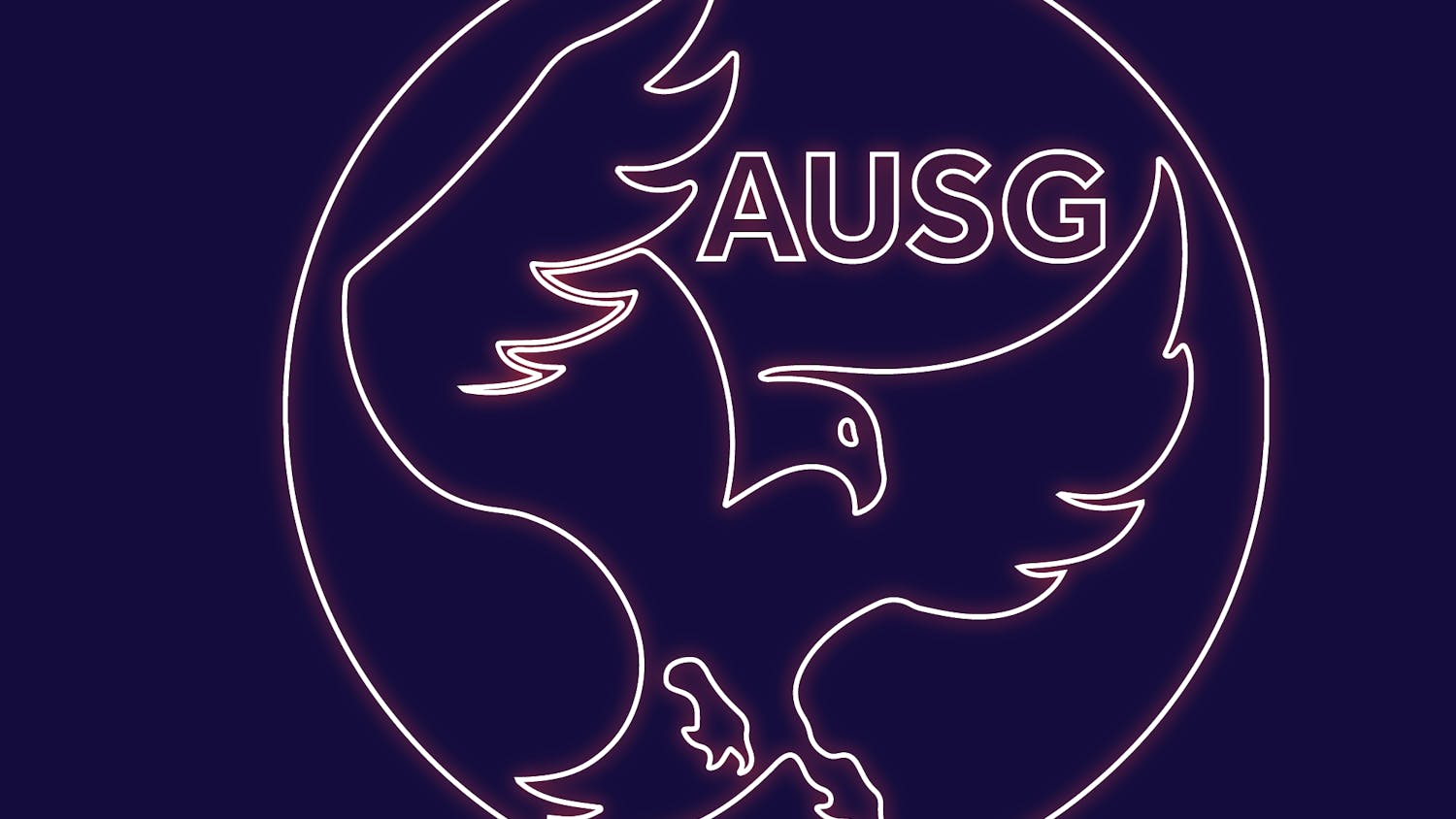Proposed closures of 23 District schools would affect at least one DC Reads program - the one at Bruce Monroe Elementary in Northwest, according to Robin Adams, assistant director of the Community Service Center.
Even if some of the schools shut down, the program would continue to serve the needs of children in the District. DC Reads allows college students in D.C. to volunteer in D.C. public schools as tutors. Volunteers would either follow the children they tutor to their new schools or work at another school, Adams said.
The plan to close 23 schools by next summer would eliminate schools with excess space and low enrollment to focus those resources on improving academic programs at other schools. The plan would displace about 5,000 students - 10 percent of the system's student population, according to the D.C. government's Web site.
While D.C. schools could use an overhaul, it remains to be seen if closing schools will work, Adams said.
"Education in the District is a low priority," she said.
If the schools close without a clear, concrete plan, already disadvantaged children will fall through the cracks, Adams said.
She said her biggest concern is that children will have to travel farther to get to school. This could be a problem for low-income working families and single parents who must either send their children on a bus or change their work schedule to get their kids to school. This could lead to increased truancy and absenteeism.
"That definitely puts children at risk," Adams said.
Adams was also concerned with what would happen to the teachers. Closing schools could create a sense of separation for teachers and families who have built relationships, she said.
Attendance at community hearings Jan. 17 to discuss the plan was below expectations. A total of 411 people showed up at the 23 hearings, with most concentrated at a few schools, according to The Washington Post.
There is a sense of apathy and frustration among families in underserved schools. Many parents or student guardians have not attended because of conflicts with work or because they were unaware of the meetings, she said. Some parents who are uneducated may feel intimidated to enter schools, Adams said.
"I don't believe for a minute that parents don't care about students' education," she said. "Parents are not educated enough to advocate for themselves, their children."
John Goodman, a freshman in the School of Public Affairs, who volunteered with Facilitating Leadership in Youth last semester, said it is well known that D.C. schools are sub-par but he does not know what the solution should be.
David Loudon, a freshman in the College of Arts and Sciences, said students he worked with at Birney Elementary School in Southeast D.C. were often unruly during his after-school program.
"We were supposed to teach them how to read, but most of the time we were trying to baby-sit," he said.





